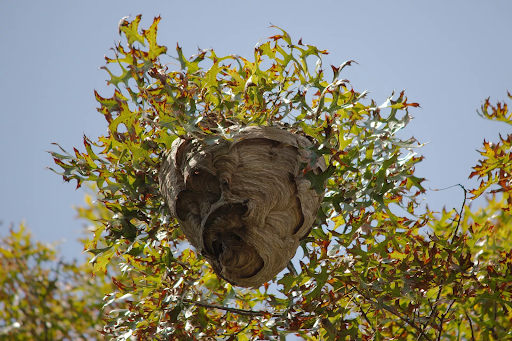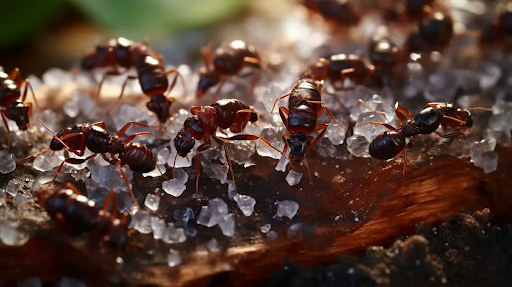The main difference between wasps and bees is that bees feed their young pollen, while wasps feed their immature insects. Therefore, wasps are an excellent thing to have around your garden because they keep other bugs in check. Even though many people think they do not, wasps pollinate plants, just not as well as bees.
Even though all of this is true, and you know that wasps can help your garden, they are still considered a pest. This is mainly because wasps sting and can do it more than once. They can also cause severe allergic reactions in some people. Wasps inside can cause much trouble.
Here are some tips for proper wasp control in Melbourne.
Use Wasp Traps
Wasp traps can be quite effective. They work because they use something appealing, like sugar water, to lure the wasps inside. Once inside, the wasps cannot get out. You can make your wasp trap by cutting off the top of a 2-litre bottle and putting it in the bottom of the bottle, as shown here: You can buy them online if you do not want to make one yourself. Some are made of coloured glass and look more like garden decorations than traps.
Wasp traps may not be very good at wasp control from building nests because they may catch wasps just passing through your garden and not the ones building a nest.
Cover Food and Drinks
One of the most important things you can do for wasp control is to keep your yard clean. Wasps, like yellow jackets, places with much trash, food waste, and recycling containers that have not been cleaned well. Keep food covered before and after cooking, and keep sweet drinks covered or in a clear container so that if a wasp gets into the drink, you can see it before you drink it. Also, clean up any crumbs or spills and tighten the lids on the trash cans.
Seal Bins Properly
Wasp problems are worse near homes with a lot of garbage, recycling, or compost out in the open. To keep this from becoming a problem for you, ensure that all your trash cans have tight-fitting lids so that the wasps can’t get to what they see as an endless food source.
Remove wasps’ food source.
Clean up any scraps or waste from the kitchen or garden. Do not let tomatoes, figs, peppers, strawberries, and other fruits and vegetables rot on the ground in the vegetable garden. People need to put their compost piles far away from their gardens. Wasps also eat aphids and other bugs that crawl around in your garden. Remove them from your plants to make your garden less appealing to aphids.
Use the Appropriate Insecticide
Wasp and hornet killers come from aerosol sprays, dust, and liquids that leave a residue. Sprays and concentrated liquids are an excellent first line of defense to eliminate an existing wasp problem. After that, you can use dust to keep wasps from coming back. Many aerosol sprays have a surprisingly long range, so you will not have to stand close to a nest to use them. Ensure you always use the insecticide according to what the wasp control manufacturer tells you on the package.
Call a Professional
Wasp stings can be excruciating, so call a professional wasp control service if you do not want to risk getting stung or if you’ve tried to get rid of the wasps and failed. These experts will have the right tools and safety gear to quickly and safely eliminate wasps.
Wasp nests are hard to get rid of. Mainly if you have found a lot of big nests, you may need to hire pest control experts with the proper knowledge, skills, tools, and safety gear. Hire a professional Pest Control in Melbourne and save your space from these dangerous pests.






